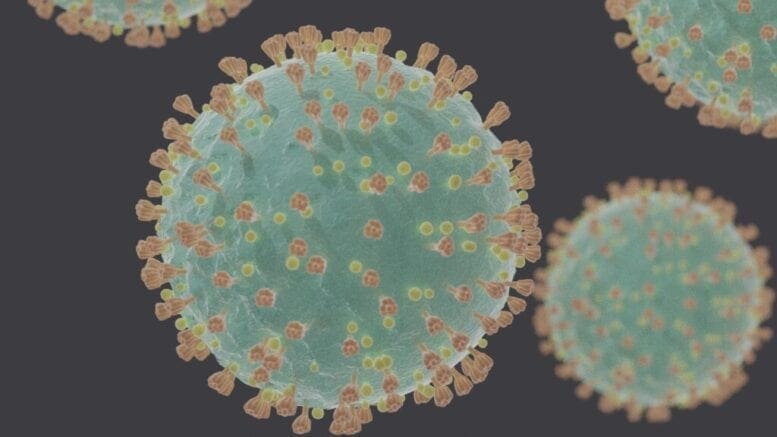The Courier runs almost entirely local news, so even in reporting on the COVID-19 pandemic, we’ve concentrated on the way it has affected us locally.
But since it’s a global pandemic, and the worldwide spread of the virus affects both the local health care system and the economic and social impact we experience, it’s valuable to take a higher-level view of the disease.
The best resource I’ve seen for reliable and up-to-date information on the pandemic is the Johns Hopkins Coronavirus Resource Center.
On the site, there is a section on COVID-19 basics, an interactive map to get the big picture view of the current numbers, including overall cases, deaths, and people who had COVID-19 and recovered.
You can zoom in on any area on the map to find out the number of confirmed local cases of COVID-19, deaths, people who had the disease but recovered, and active cases.
For instance, as I’m writing this, Cobb County has had 272 confirmed cases, 11 deaths, 0 recoveries and 261 currently active cases.
There are also articles, like an opinion piece by Dr. Tom Inglesby, the director of the Johns Hopkins Center for Health Security, entitled Coronavirus: No, we aren’t even close to ready to ease up on social distancing.
The data is collected and compiled by the Center for Systems Science and Engineering (CSSE).
The Johns Hopkins Coronavirus Resource Center describes the CSSE as follows:
The Center for Systems Science and Engineering (CSSE) is a research collective housed within the Department of Civil and Systems Engineering (CaSE) at Johns Hopkins University (JHU). Our faculty, researchers, and students work on a range of complex and interdisciplinary problems, united by the goal to better understand and improve societal, health, and technological systems for everyone.
The data is updated frequently, and is a good antidote to the misinformation that easily spreads on social media.

